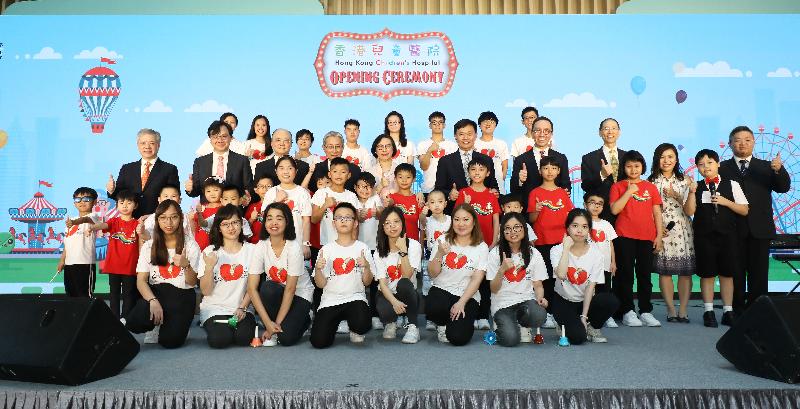The Centre for Health Protection (CHP) of the Department of Health today (June 21) reported the latest number of cases of dengue fever (DF), and strongly urged the public to maintain strict environmental hygiene, mosquito control and personal protective measures both locally and during travel.
From June 14 to 20, the CHP recorded seven imported DF cases. The patients had been to Cambodia (one case), India (one case), Maldives (one case), Nepal (one case), the Philippines (one case) and Thailand (two cases, including one case epidemiologically linked to a case recorded last week) during the incubation period.
As of yesterday (June 20), 65 cases had been recorded this year, all of which were imported. The cases were mainly imported from Thailand (14), Indonesia (11) and Malaysia (11).
The CHP has been closely monitoring the latest DF situation in neighbouring and overseas areas. DF is endemic in many tropical and subtropical areas of the world. According to the World Health Organization, some Asian countries are experiencing unusually high numbers of DF cases for this time of year. The number of cases in several countries including Malaysia, the Philippines and Vietnam was about two to three times the number for the same period in 2018.
According to the announcement of the Health Commission of Guangdong Province on June 13, the epidemic season of DF started early this year in Guangdong. As of June 12, 240 cases have been recorded in Guangdong this year, which was significantly higher than that in the same period last year (44 cases). In Taiwan, 196 cases (including 22 local cases) have been recorded in 2019 (as of June 20).
Detailed information on the latest DF situation in Hong Kong as well as neighbouring and overseas countries and areas this year is uploaded to the CHP's website (www.chp.gov.hk/files/pdf/df_imported_cases_and_overseas_figures_eng.pdf).
The public should take heed of the following advice on mosquito control at all times:
- Thoroughly check all gully traps, roof gutters, surface channels and drains to prevent blockage;
- Scrub and clean drains and surface channels with an alkaline detergent compound at least once a week to remove any deposited mosquito eggs;
- Properly dispose of refuse, such as soft drink cans, empty bottles and boxes, in covered litter containers;
- Completely change the water of flowers and plants at least once a week. The use of saucers should be avoided if possible;
- Level irregular ground surfaces before the rainy season;
- Avoid staying in shrubby areas; and
- Take personal protective measures such as wearing loose, light-coloured, long-sleeved tops and trousers and apply insect repellent containing DEET to clothing or exposed parts of the body when doing outdoor activities.
Members of the public must adopt personal protective measures against mosquitoes to prevent mosquito-borne diseases such as DF when visiting affected countries/areas. To reduce the risk of infections spread by mosquitoes, apart from general measures, travellers returning from areas affected by DF and Zika virus infection should apply insect repellent for 14 days or at least 21 days respectively upon arrival in Hong Kong. If feeling unwell, seek medical advice promptly and provide travel details to the doctor. DEET-containing insect repellents are effective and the public should take heed of the tips below:
- Read the label instructions carefully first;
- Apply right before entering an area with risk of mosquito bites;
- Apply on exposed skin and clothing;
- Use DEET of up to 30 per cent for pregnant women and up to 10 per cent for children*;
- Apply sunscreen first, then insect repellent; and
- Re-apply only when needed and follow the instructions.
* For children who travel to countries or areas where mosquito-borne diseases are endemic or epidemic and where exposure is likely, those aged 2 months or above can use DEET-containing insect repellents with a DEET concentration of up to 30 per cent.
The public may refer to the CHP's tips for using insect repellents for details.

